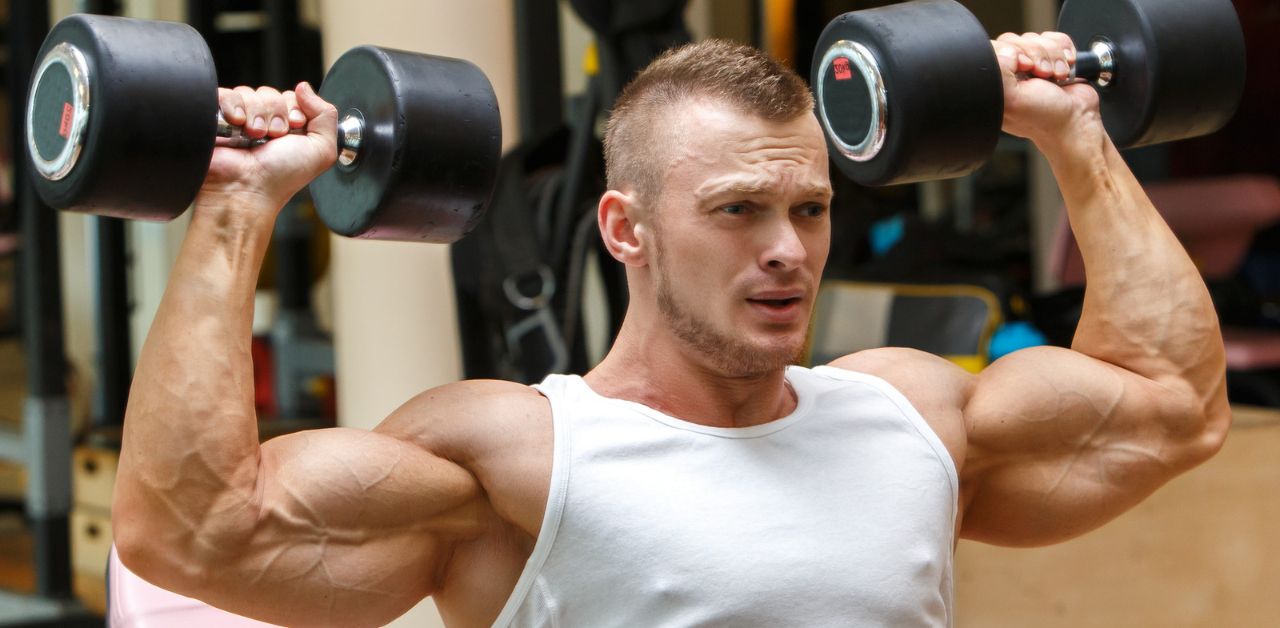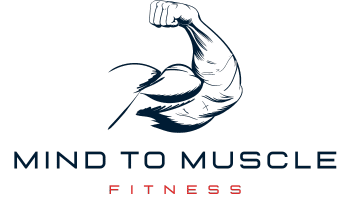
Can You Build Muscle on a Calorie Deficit?
Building muscle is often associated with eating more, not less. Many believe a calorie deficit is essential for gaining muscle. However, can you build muscle on a calorie deficit? This question challenges conventional fitness advice and sparks interest among fitness enthusiasts. Achieving this requires strategic nutrition, effective workouts, and discipline. While it’s not easy, it’s possible under specific conditions.
To understand this concept, we must explore the science of body composition and metabolism. By optimizing protein intake, timing workouts, and using a moderate calorie deficit, muscle growth can occur alongside fat loss. With the right plan, you can defy expectations and reshape your body while staying in a calorie deficit. Keep reading to learn more.
What is a Calorie Deficit?
A calorie deficit occurs when your body burns more calories than you consume. This creates an energy gap that forces your body to use stored energy, primarily fat, to meet its needs. A calorie deficit is essential for weight loss, as it’s the most effective way to reduce body fat. Achieving this state can be done through dietary adjustments, increased physical activity, or a combination of both.
The size of the calorie deficit matters significantly. A moderate deficit, typically around 10-20% below your maintenance calories, is often recommended. It provides enough energy to support daily activities and workouts while encouraging fat loss. However, extreme deficits can lead to fatigue, muscle loss, and slower metabolism. Striking the right balance is crucial for sustainable progress and achieving your fitness goals effectively.
How Does a Calorie Deficit Work?
A calorie deficit works by creating an energy imbalance in your body. Calories are units of energy derived from food and drinks, and your body uses them for breathing and exercising. When you consume fewer calories than your body requires to maintain its current weight, it seeks alternative energy sources. This process leads to the breakdown of stored fat to meet the energy shortfall.
The body’s energy requirements are divided into three components: basal metabolic rate (BMR), physical activity, and the thermic effect of food (TEF). A calorie deficit affects these areas by reducing energy intake relative to expenditure. Consuming protein and strength training during a deficit will ensure your body targets fat stores instead of muscle for energy.
What Does Building Muscle Require?

Building muscle requires a combination of proper nutrition, consistent training, and adequate recovery. At its core, muscle growth, or hypertrophy, occurs when the body repairs microscopic damage to muscle fibers caused by resistance training. This repair process makes the muscles larger and stronger over time.
To build muscle effectively, you need to focus on three key elements:
- Progressive Overload: Gradually increasing the weight or resistance in your workouts challenges the muscles, stimulating growth.
- Adequate Protein Intake: Protein provides the amino acids necessary for muscle repair and growth. Aim for 1.6–2.2 grams of protein per kilogram of body weight daily.
- Recovery: Muscles grow during rest, not workouts. Prioritize quality sleep, manage stress, and allow sufficient recovery time between training sessions to optimize results.
Can You Build Muscle on a Calorie Deficit?
Yes, it is possible to build muscle on a calorie deficit, but it depends on various factors. Beginners, individuals with higher body fat percentages, or those returning to training after a break are most likely to achieve this.
Success requires careful planning, including maintaining a high protein intake, engaging in strength training, and using a moderate calorie deficit. While challenging, muscle gain and fat loss can happen simultaneously with the right approach and consistency.
The Science Behind Building Muscle on a Calorie Deficit
On a calorie deficit, building muscle involves recomposition of the body-losing fat while gaining muscle. While traditionally considered difficult, this process is achievable under certain conditions. Your body taps into stored fat for energy, freeing up resources to repair and build muscle tissue when training and nutrition are optimized.
Hormonal and Metabolic Factors play a crucial role. Improved insulin sensitivity in a calorie deficit allows your body to utilize nutrients more efficiently, directing them toward muscle repair rather than fat storage. Additionally, hormones like testosterone and growth hormone, stimulated by resistance training, promote muscle growth even when energy intake is limited.
Protein intake is a critical driver in this process. High-protein diets help preserve lean muscle and support repair, ensuring the body prioritizes muscle-building even with a calorie shortfall.
Strategies to Build Muscle on a Calorie Deficit

Building muscle on a calorie deficit requires a strategic approach to maximize muscle growth while minimizing fat loss challenges. Here are key strategies:
1. Prioritize Strength Training
Focus on compound exercises like squats, deadlifts, and bench presses. These movements target multiple muscle groups, allowing for efficient and effective muscle stimulation. Incorporate progressive overload by gradually increasing the weight or resistance to continue challenging your muscles.
2. Optimize Protein Intake
Protein is essential for muscle repair and growth. Aim to consume 1.6–2.2 grams of protein per kilogram of body weight daily. Include protein-rich foods such as lean meats, eggs, dairy, tofu, and legumes in your meals to support muscle maintenance.
3. Use a Moderate Calorie Deficit
Avoid extreme deficits, as they can hinder muscle preservation. A moderate deficit of 10-20% below your maintenance calories allows your body to burn fat while retaining the energy needed for muscle repair.
4. Leverage Nutrient Timing
Distribute your protein intake throughout the day, with an emphasis on pre- and post-workout meals. Consuming protein and carbohydrates after training helps replenish glycogen stores and kickstarts the muscle repair process.
5. Focus on Recovery
Recovery is crucial for muscle growth. Get 7–9 hours of quality sleep each night, as this is when muscle repair occurs. Additionally, schedule rest days and avoid overtraining to prevent muscle fatigue and injury.
FAQs
Can you build muscle in a calorie deficit on steroids?
Yes, you can build muscle in a calorie deficit while using steroids. Steroids increase muscle protein synthesis and promote faster recovery. This allows for greater muscle growth, even with limited caloric intake.
However, the potential side effects of steroids, such as hormonal imbalances and health risks, should not be overlooked. It’s essential to weigh the benefits against the risks and consider consulting with a healthcare professional before using steroids.
Can you build muscle on a 1000 calorie deficit?
No, building muscle on a 1000-calorie deficit is very difficult. A large deficit typically leads to significant fat loss, but it also increases the risk of muscle loss. The body may not have enough energy to support muscle growth when in such a substantial calorie deficit.
To effectively build muscle, it’s better to maintain a smaller, more moderate deficit or focus on other strategies like strength training and adequate protein intake.
How much calorie deficit to still build muscle?
To build muscle while in a calorie deficit, aim for a moderate deficit of about 10-20% below your maintenance calories. This allows your body to burn fat while still providing enough energy to support muscle growth and recovery.
A smaller deficit helps minimize muscle loss while promoting fat reduction. Combining this approach with high protein intake, strength training, and proper recovery will optimize your chances of building muscle.
Read More: Will Pilates Build Muscle?
Final Words
Building muscle on a calorie deficit is possible, but it requires careful planning and consistency. By prioritizing strength training, optimizing protein intake, and maintaining a moderate deficit, you can achieve both fat loss and muscle growth.
While challenging, it’s most feasible for beginners or those with higher body fat. Remember, achieving muscle growth while in a calorie deficit is a gradual process, so stay patient and disciplined as you work toward your fitness goals.



